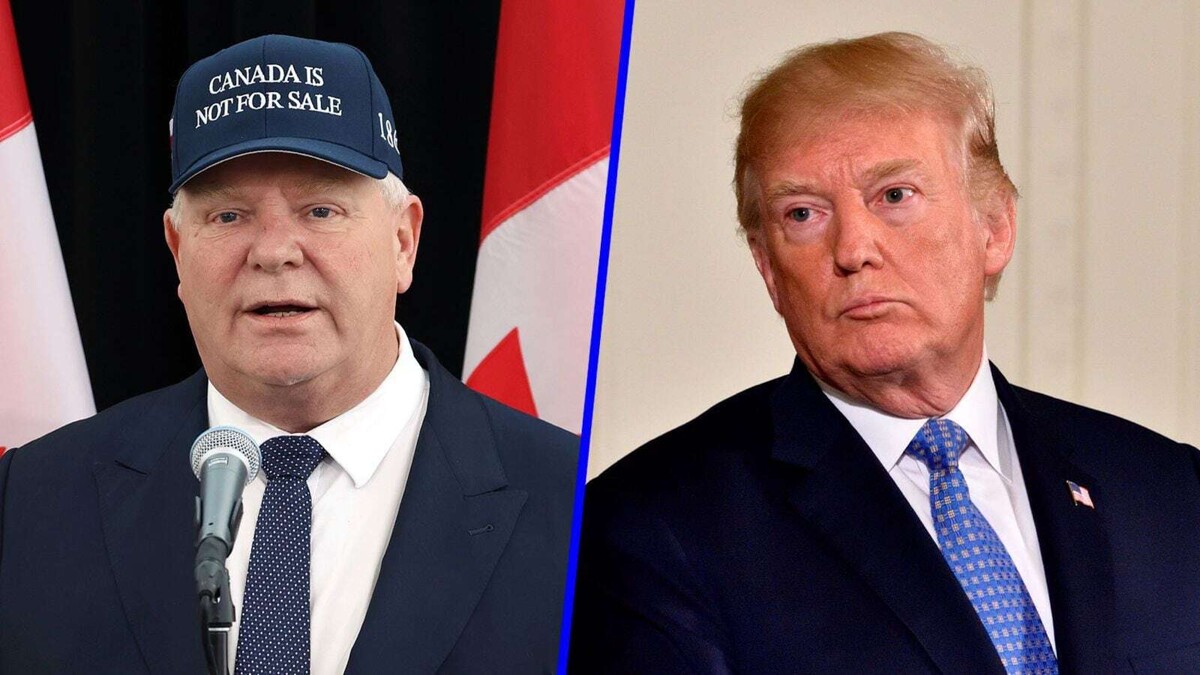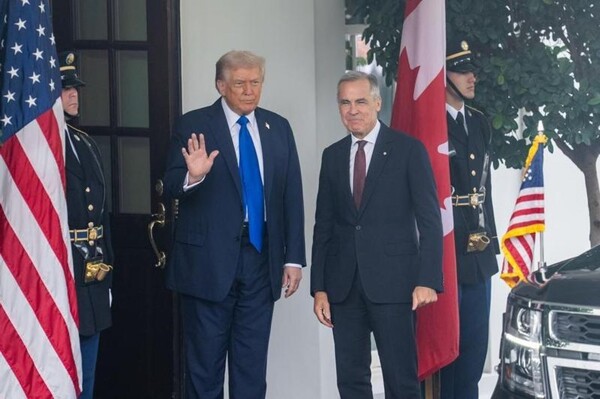
The president of the United States, Donald Trump, expressed his doubts about Canada using electricity as a bargaining chip and threats amid trade negotiations. Despite retracting plans to impose a 50 percent tariff on all steel and aluminum imports, he maintained the 25 percent tariffs that had previously been announced.
Doug Ford, Premier of Ontario and a key figure in the negotiations between Canada and the United States, has voiced his opposition to Trump's tariff policies and has set his stance regarding Mexico and its membership in the USMCA. Amid this dispute, Ford has suggested the possibility that Canada might withdraw from the USMCA if Mexico's relationship with China is not adjusted, due to the impact it has on the economy of his country.
Ontario is a strategic province in the Canadian economy, hosting important industries, particularly automotive, with companies such as Chrysler, Ford, General Motors, Honda, Toyota, and Hino. Ford has expressed concern about the influx of Chinese products through Mexico, which he claims has affected employment in Canada and the United States. He proposes that Mexico impose tariffs on China or lose access to North America's large-scale economy.
In response, Ontario chose to suspend a 25 percent surcharge on electricity exports to certain U.S. states. This move came after Trump threatened to escalate the 'trade war' with Canada in retaliation for tariffs on Ontario's exports. Both countries agreed to hold talks on renegotiating the USMCA before the deadline for establishing reciprocal tariffs.
Ford will meet with U.S. Secretary of Commerce Howard Lutnick to discuss a renewed USMCA. In a joint statement, they mentioned having had a productive conversation about the economic relationship between the two nations.












